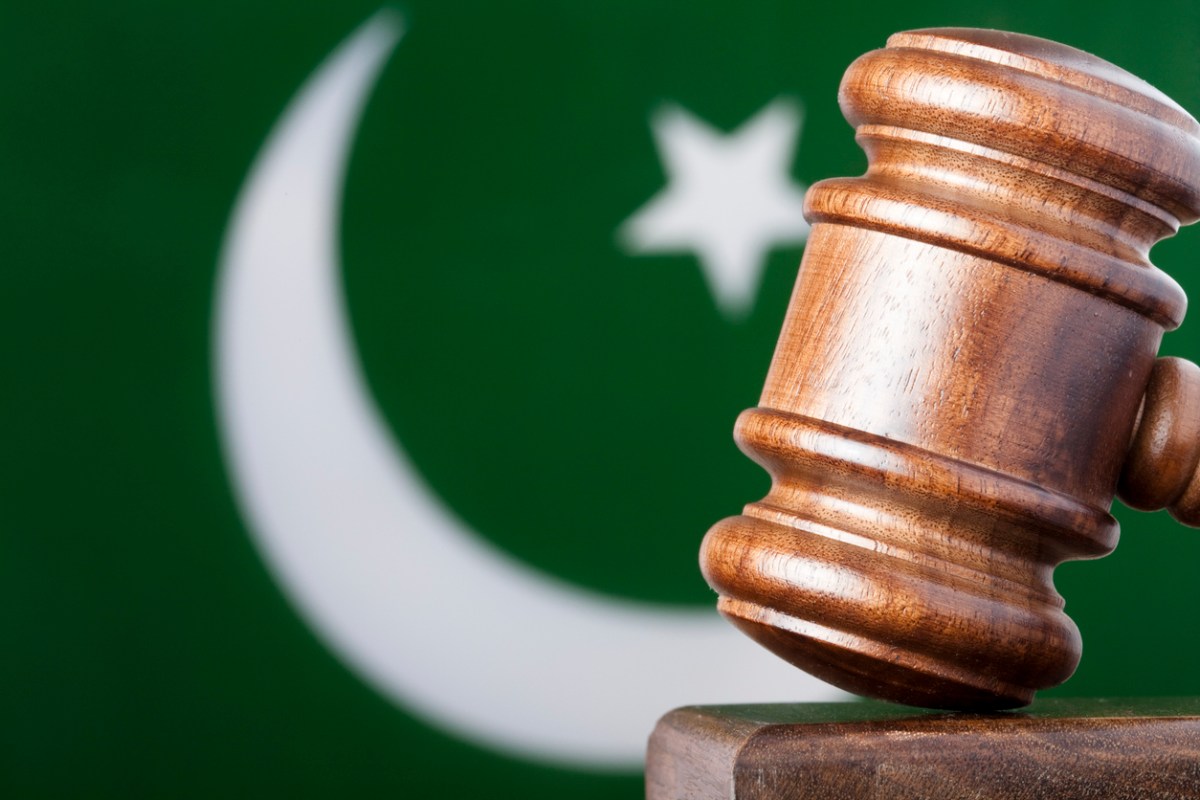
The Pakistani state has long suppressed artistic freedom of expression in films, literature or music. Joyland is the latest example of how the state prefers to give in to pressure groups instead of standing up to them.
Instead of being proud of Pakistan’s soft power being showcased across the world, Joyland has been sacrificed at the altar of bigotry and hypocrisy. The internationally acclaimed movie tells the story of a married man’s love affair with a trans woman and has won critical acclaim and top awards on the festival circuit, including the prestigious Jury Prize at Cannes.
After protests by religious elements that denounced the story as “repugnant” and “highly objectionable”, the censor board revoked its go-ahead and cancelled the film’s license. According to an editorial in Dawn, “The ban on Joyland is the latest shameful instance of kowtowing to a pressure group that has arrogated to itself the role of policing a nation’s morality — and lost its humanity in the process.”
Pakistan, the editorial noted, “has a long history of banning artistic, especially cinematic, endeavours for portraying a ‘negative image’ — of the country, of Muslims, of Pakistani culture, of military coups and political leaders, etc. That this pattern continues, and has even intensified in recent years, speaks to a growing paranoia about challenges to the status quo. It is an approach that runs counter to a world connected by social media.”
Cautioning the state, the editorial noted, “The authorities must be on the right side of history; they should allow our creative talent to flower and give the nation the chance to rejoice in it.”
![]()





